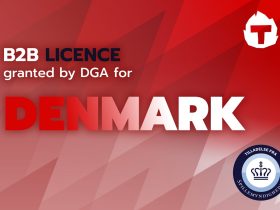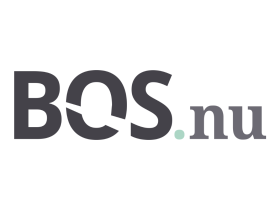 Reading Time: 3 minutes
Reading Time: 3 minutes
A group of Britain’s Members of Parliament (MPs), cutting across political party lines, demanded that gambling companies should display the warnings of the harms and health issues surrounding gambling and betting in their advertisements – like what tobacco companies do in their ads.
According to the MPs, gambling must be treated as a public health issue and gambling companies should not suggest through advertisement that gambling or betting is “fun.” Further, they call for a ban on gambling advertisements during live sporting events.
The group, which includes shadow culture secretary Tom Watson and former Tory minister John Hayes, states that the current regime in which “the onus of social responsibility remains subject to the self-regulation of the licensee is not working”. It says that rules around betting ads are being flouted by the gambling industry, claiming that loopholes in the law mean they are doing so “without fear of meaningful sanction.”
The number of over-16s who have a problem with gambling is thought to have risen by a third in three years, with about 430,000 sufferers in 2015. The plea comes after the government announced its intention to tackle fixed-odds betting terminals, dubbed the “crack cocaine” of gambling, by reducing the maximum stake from £100 to £2.
However, the cross-party group – which criticises ads, such as those run by Bet365 featuring actor Ray Winstone, which promote “in game” betting – wants ministers to go further. In an open letter to Culture Secretary Matt Hancock, it demands sweeping measures to ensure “greater compliance, fairness and social responsibility in the advertising and licensing of gambling”. Politicians including Watson, Hayes and former Lib Dem minister Don Foster, as well as the lord bishop of St Albans, have put their names to a series of proposals to tighten the rules on gambling companies, drawn up by the ResPublica think tank. The proposals would see Britain take a similar approach to that in New Zealand, where gambling policy is handled by the Department of Health.
A chief demand is to treat the gambling industry like big tobacco. “Gambling advertising should be consistent with other types of addictive or harmful products to public health such as cigarette packs, by featuring clearly identifiable health warnings that cannot be absorbed into an advert’s overall design. The wording of gambling advertisements is a problem because words such as ‘win’ and ‘fun’ are emphasised rather than ‘harm’, thus normalising the idea of gambling as a leisure pursuit rather than an addiction.”
The group also asks for a clampdown on rules that allow bookmakers to show ads during live matches and events: “The current exception to the watershed that permits gambling adverts during live sporting events needs to be closed.
“Echoing a range of voices including the Church of England, we’ve found that this loophole both undermines the principle of the watershed and poses a risk of harm to young people – particularly young men and at-risk gamblers.
“We think the only way of closing the current loophole is a comprehensive ban on gambling advertising during live sporting events, including TV ads, billboard ads and clothing sponsorship.”
They also criticised the practice of “affiliate marketing”, which has seen adverts disguised as news articles used to direct people to betting sites, and tipsters allowed to earn commission by recommending long-shot bets unlikely to pay off. Affiliates are agencies paid to drive gamblers to online casinos and bookmakers.
The group calls for companies to be threatened with having their licences revoked should they be found to benefit from the practice.
The gambling industry is self-regulating, but has faced criticism after a string of failings. Last year online betting company 888 was fined £7.8m after more than 7000 people who had voluntarily banned themselves from gambling were still able to access their accounts. Last week online company Sky Bet was fined £1m for allowing hundreds to keep betting after they asked to be barred from doing so.
Watson said: “Gambling addiction is Britain’s hidden epidemic. It’s time to start treating this as the public health crisis it is.”
A spokeswoman for the Department for Culture, Media and Sport said: “As well as reducing the maximum FOBT stake to £2, we have set out a package of measures to increase protections around online gambling and advertising. From next month, responsible gambling messages must appear on screen throughout all television gambling adverts, and a multimillion-pound safer gambling advertising campaign will launch later this year.”
Source: European Gaming Industry News





